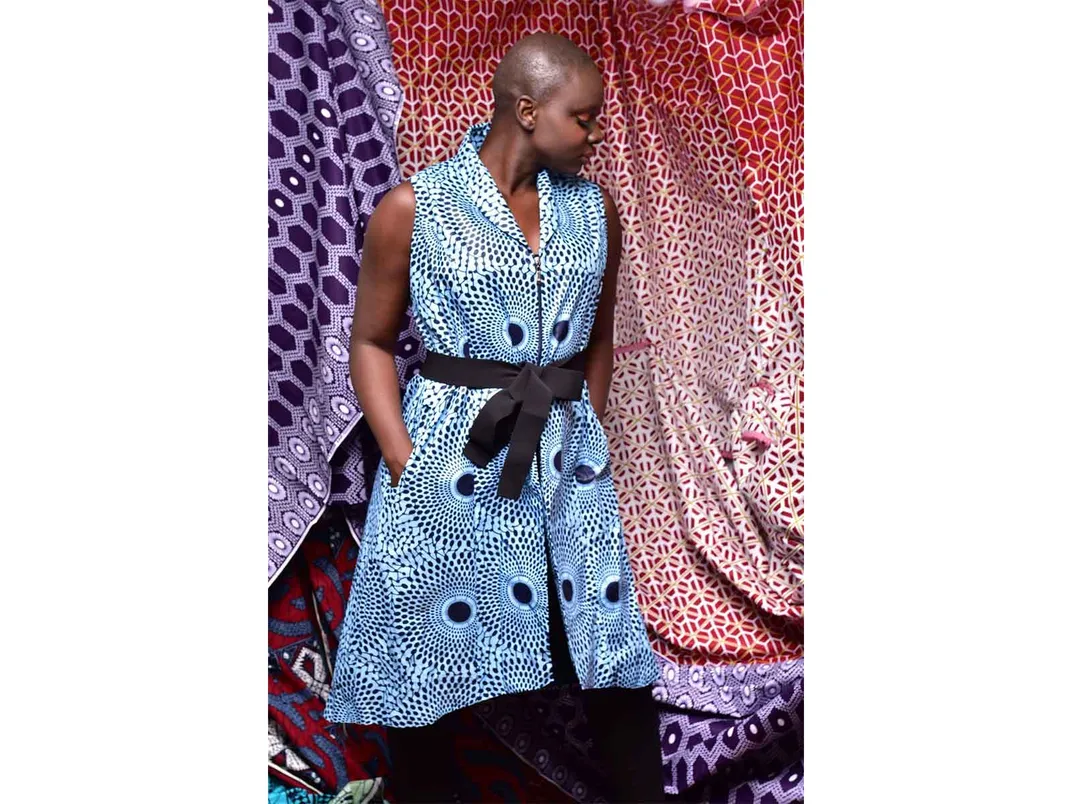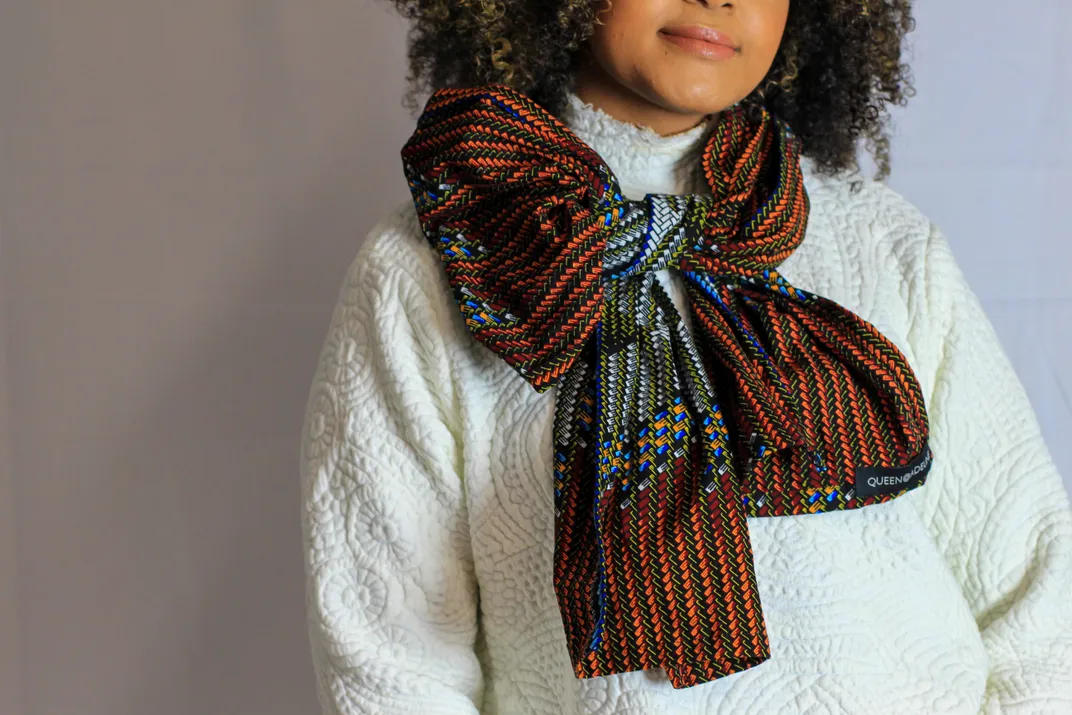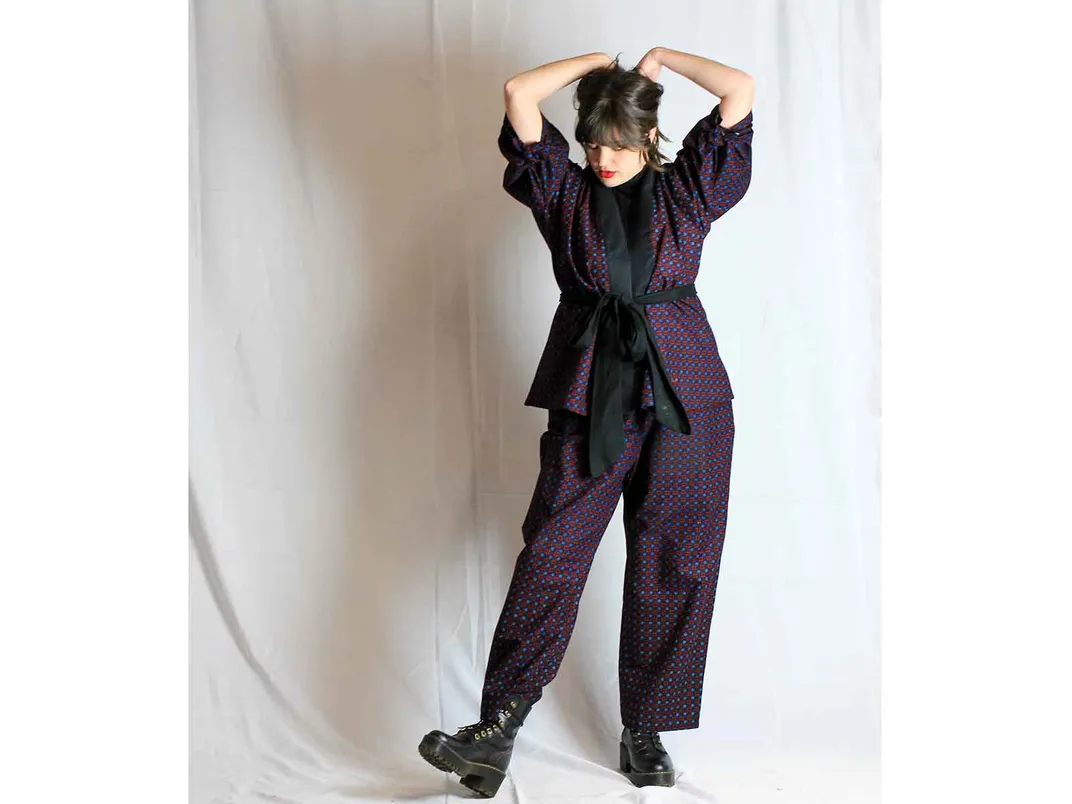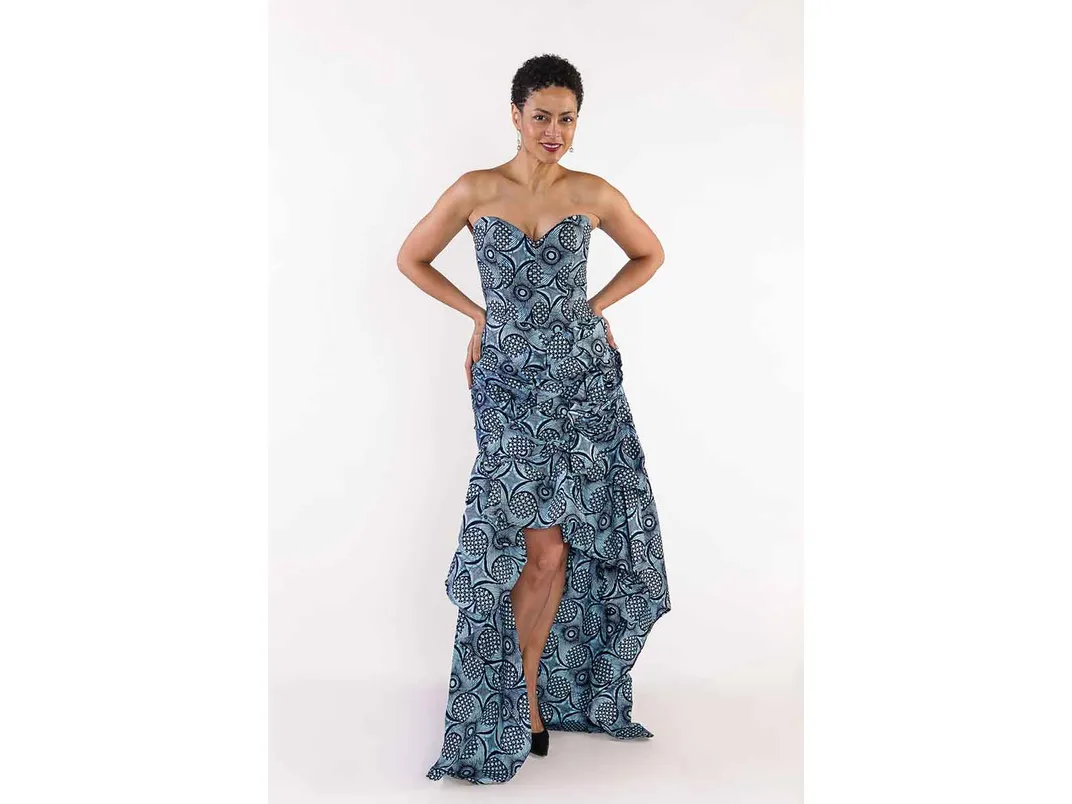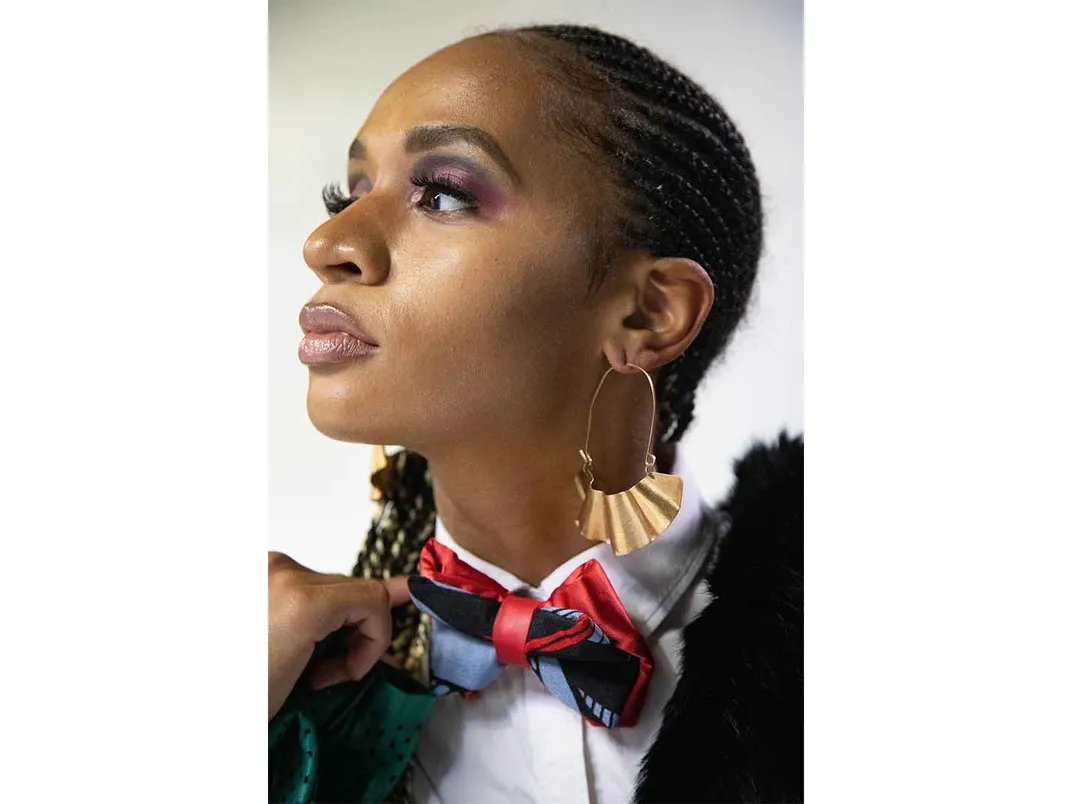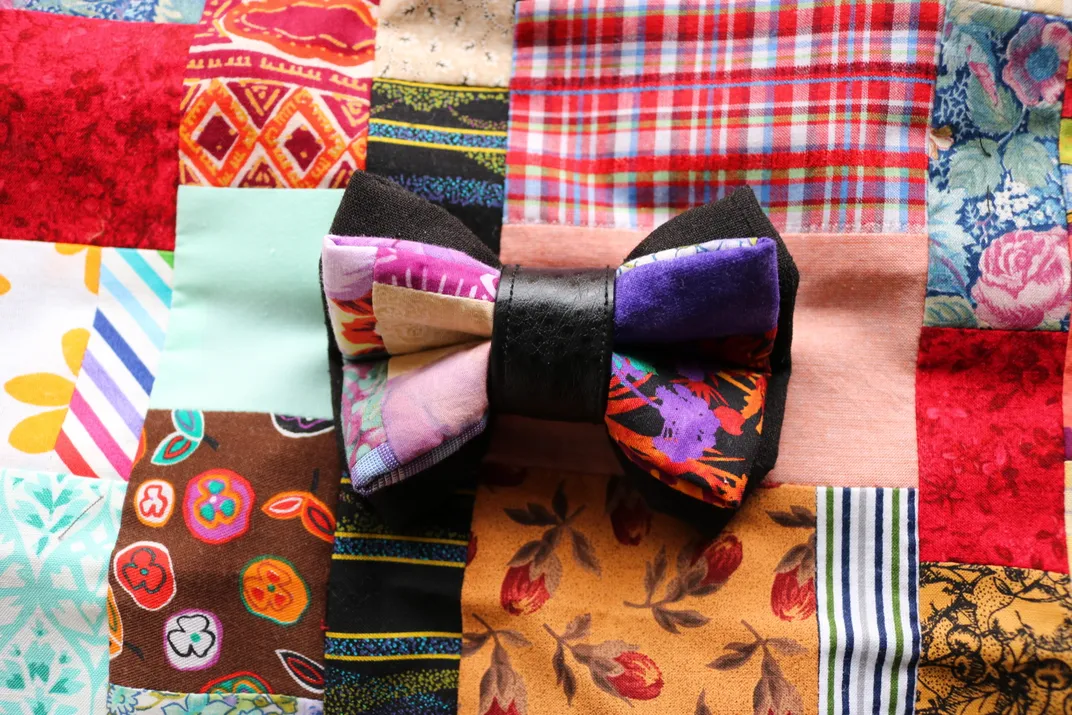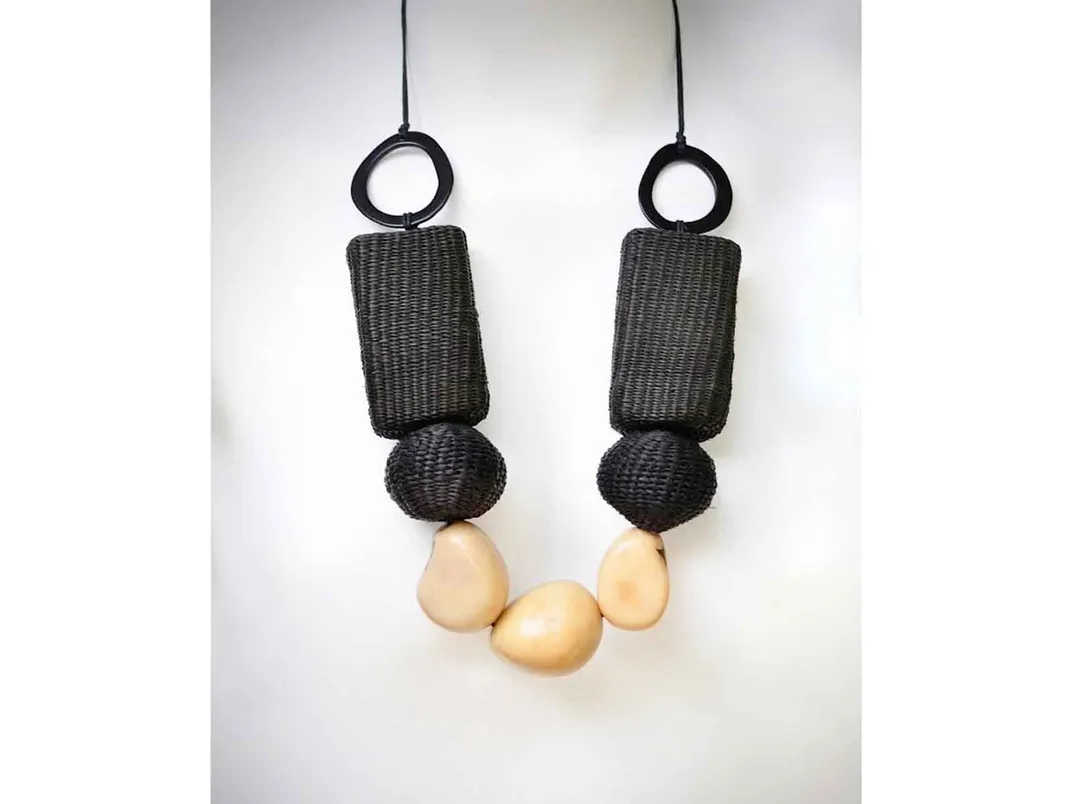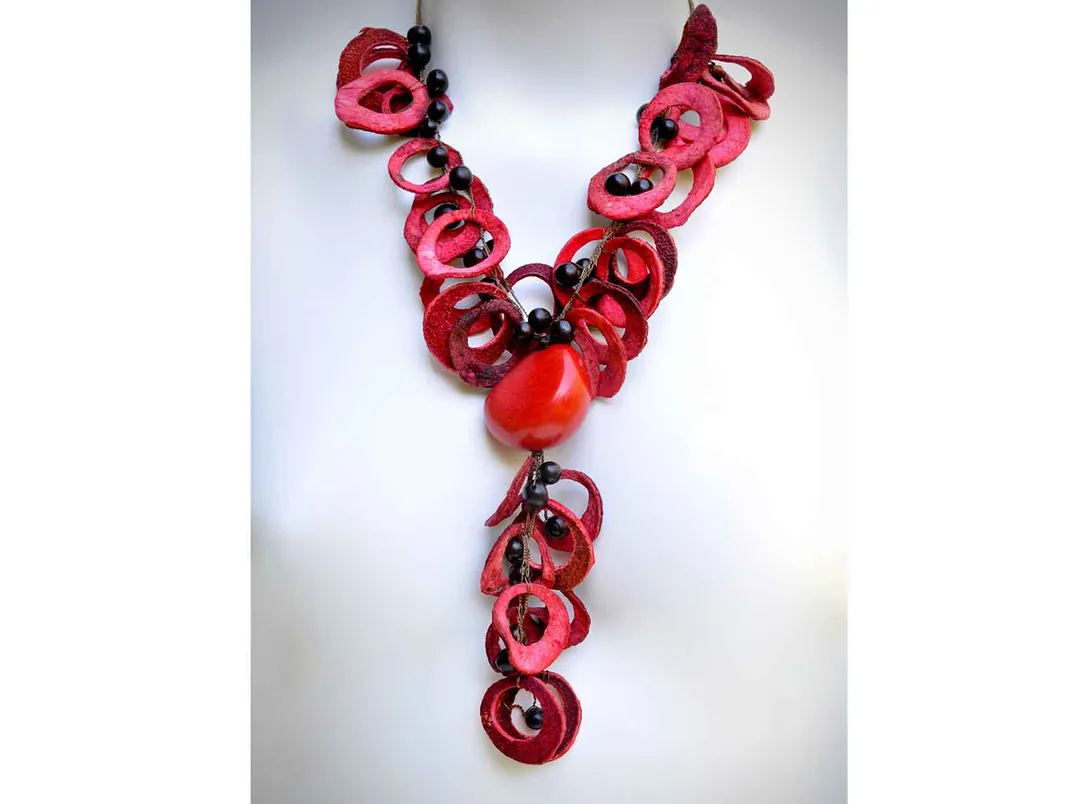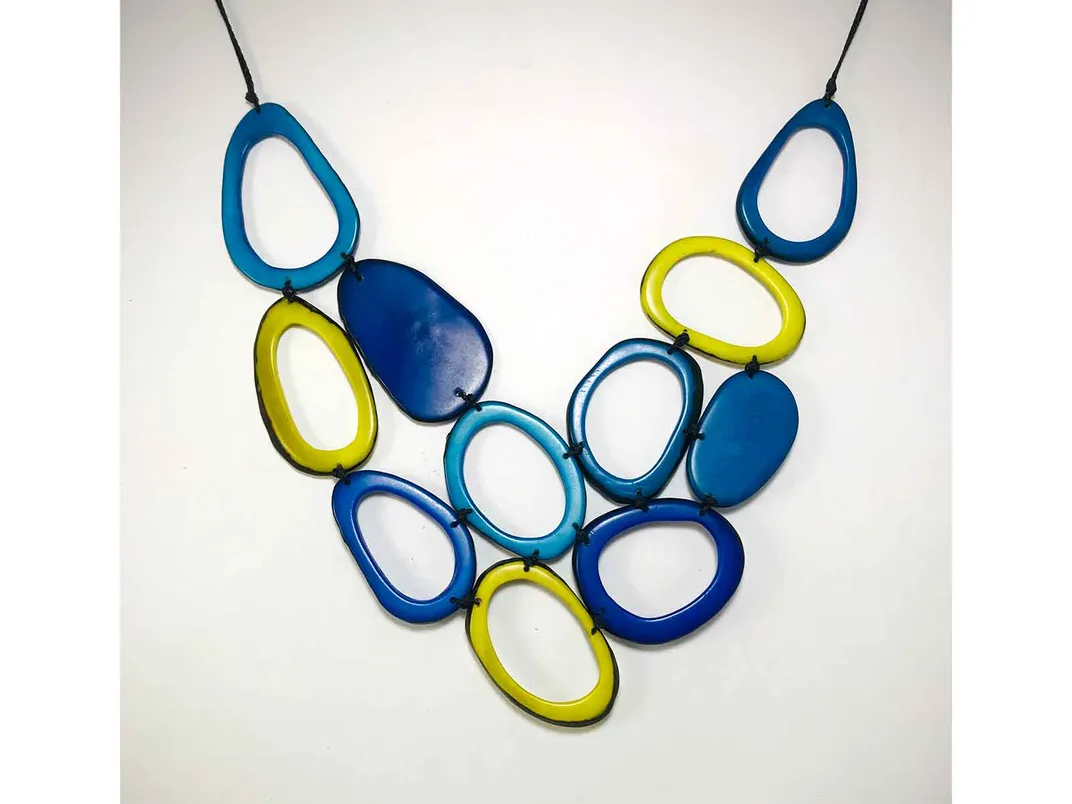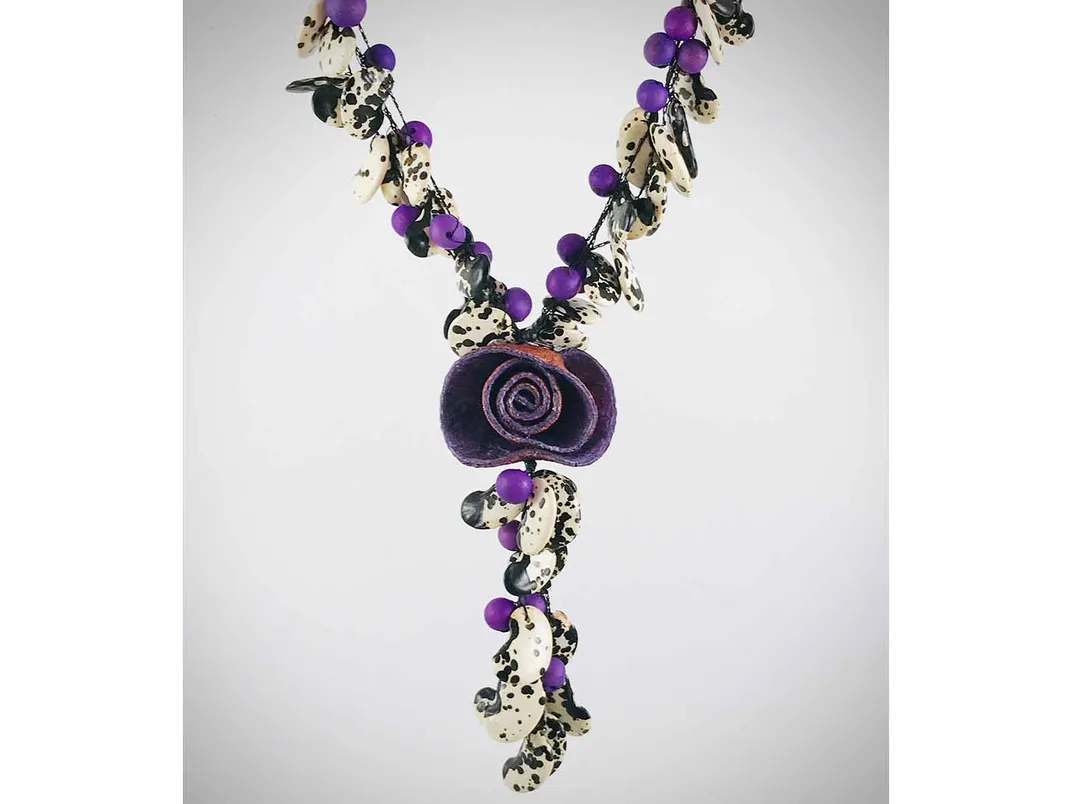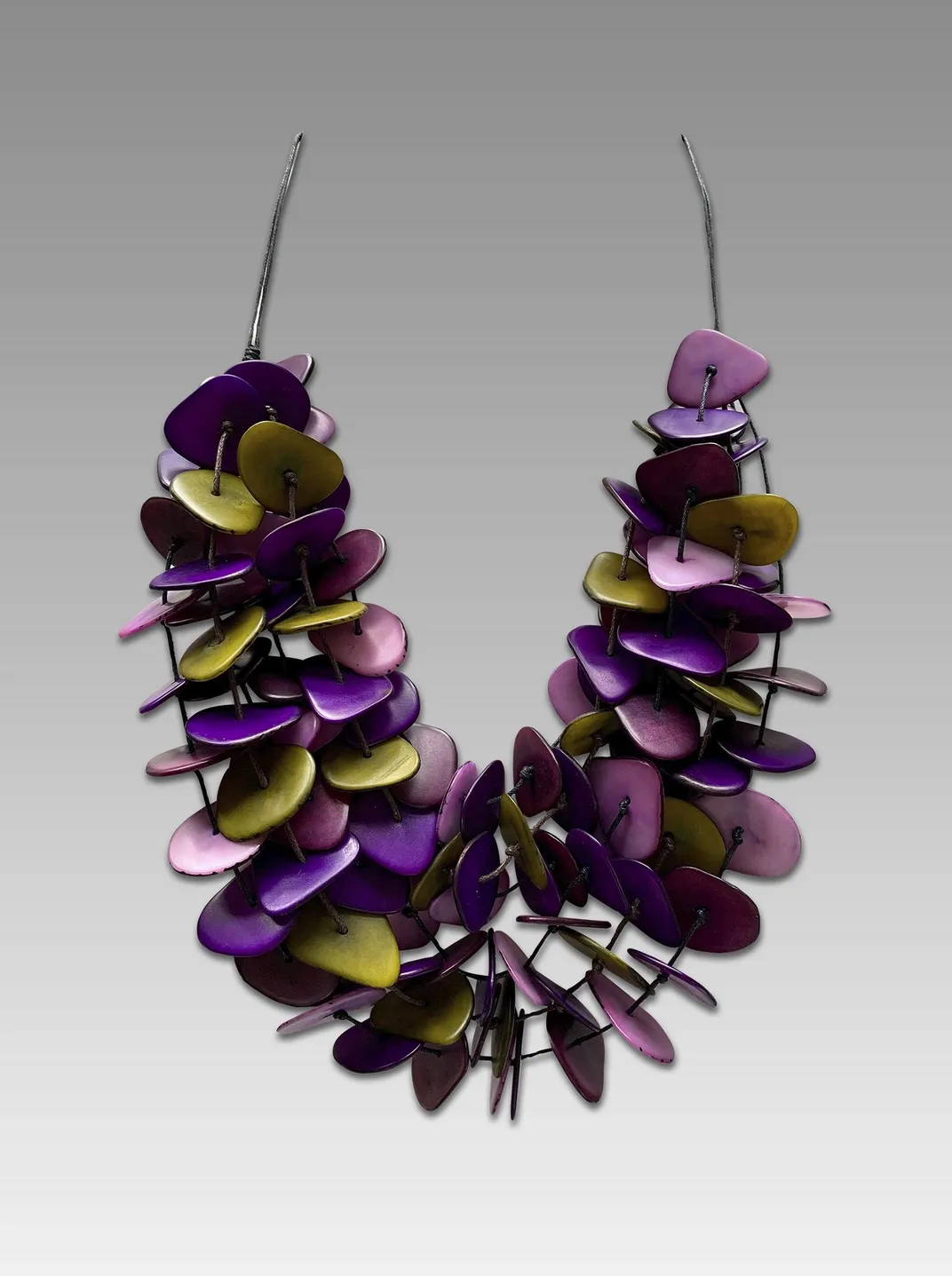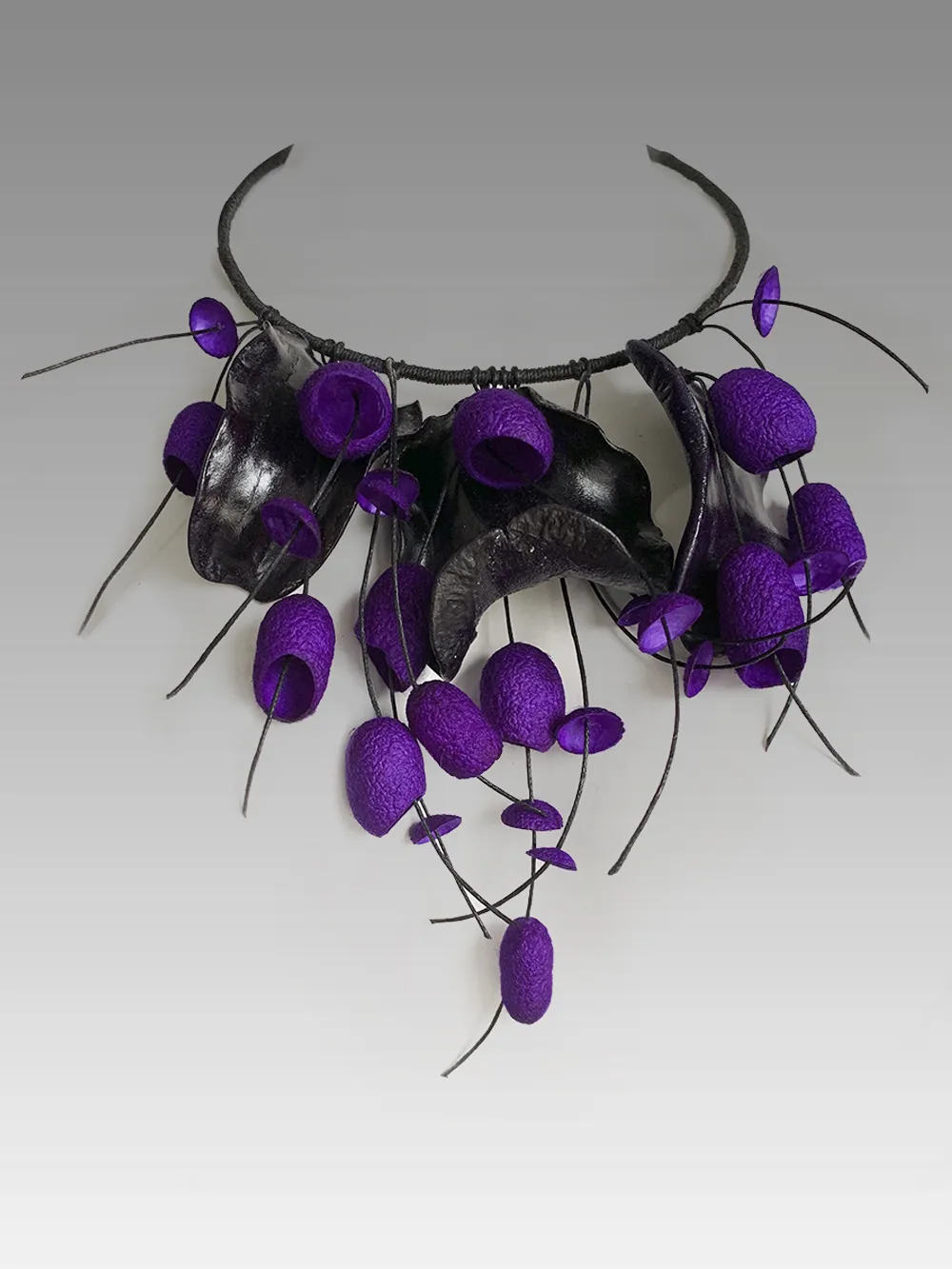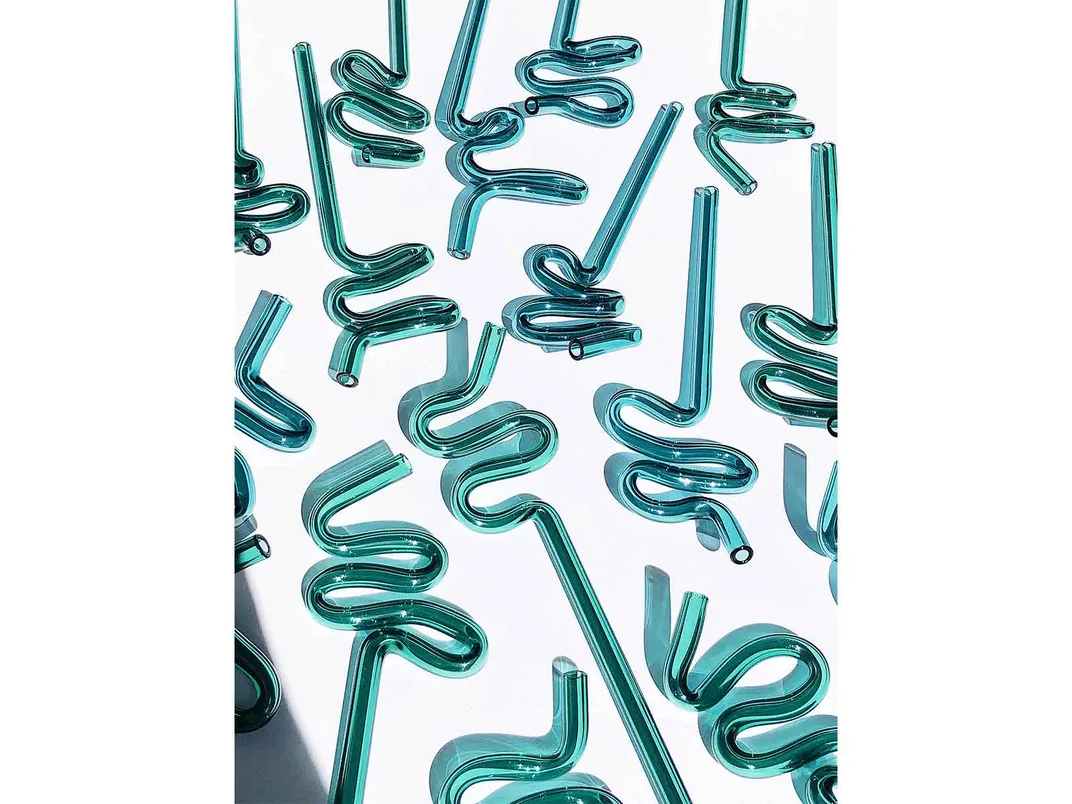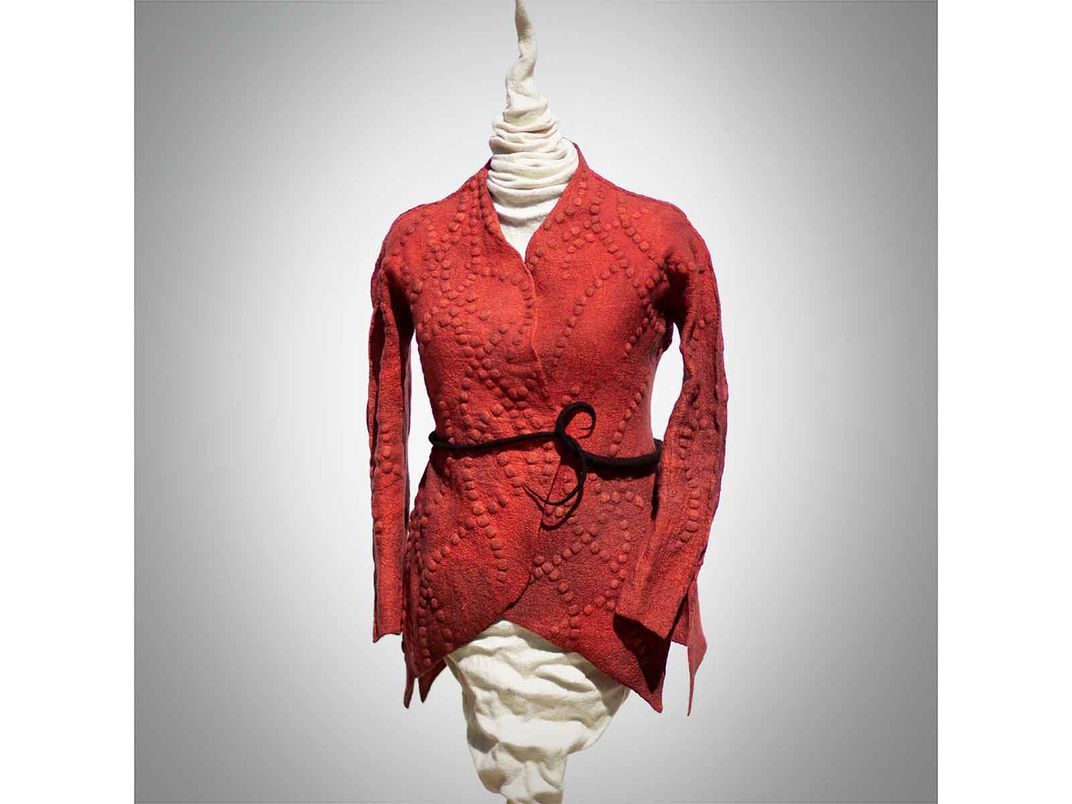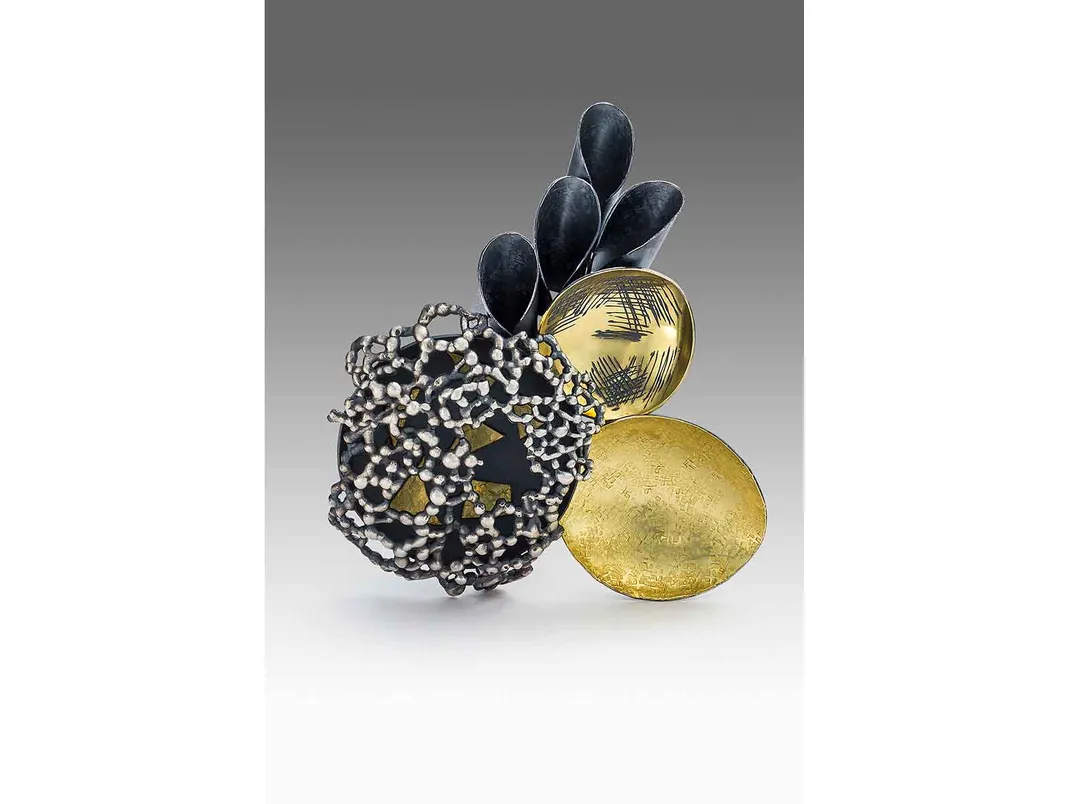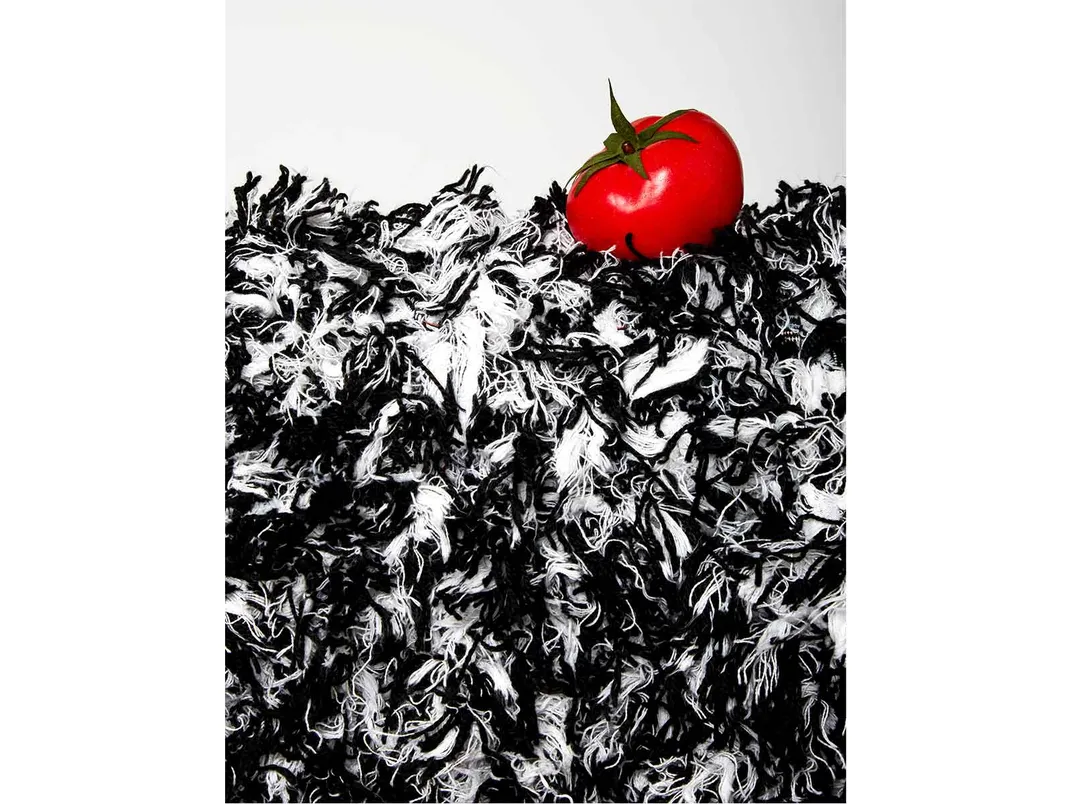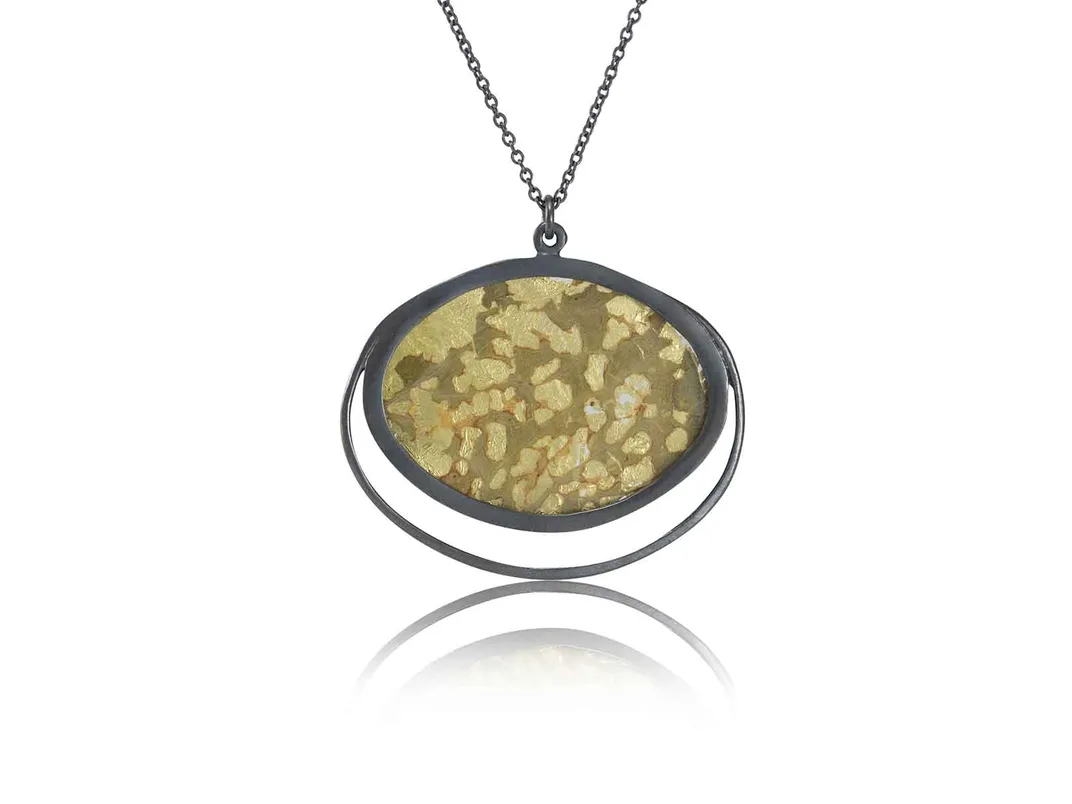Originally from Accra, Ghana, Queen Allotey-Pappoe grew up with her grandmother, a “master craftswoman,” who was always cutting cloth to make quilts or clothes for those around her. In an effort to create positive change, Allotey-Pappoe found herself first exploring a career in legislation and policy, until she realized another way she could impact the world. Inspired by her grandmother’s craftsmanship and already interested in creating art, Allotey-Pappoe started Queen Adeline in 2014. Located in the greater Boston area, the business sells dresses, shirts, vests, masks and scarves.
Queen Adeline is a sustainable fashion brand inspired by Allotey-Pappoe’s African heritage, where she is the founder, creative director and designer. The craftswoman’s background in design, leadership development, business strategy and sales is supplemented by her studies at Manchester Metropolitan University Business School and Massachusetts College of Art and Design. At the intersection of empowerment and climate advocacy, wearable art for women on the go, she says, is a response to the growing climate crisis and pollution caused by the fashion industry. Queen Adeline encourages others to embrace life as art and envision an Earth they would like to live on.
Her designs will be featured in the Smithsonian Craft Optimism Craft Show, which will take place online from April 24 to May 1. The curated marketplace will feature handmade, climate conscious goods from about 100 craft artists, offering items like clothing and jewelry that highlight the climate crisis and help to raise consciousness about sustainability. The annual, juried event—one of the most prestigious craft shows in the United States—accepted artists this year from more than 300 applicants, who were asked to provide a statement on how they practice sustainability as part of their application proposal.
Created by the Smithsonian Women’s Committee (SWC), the show’s proceeds go to support education, research, conservation and exhibitions at the Institution, through grants awarded by the committee, which collaborated with other organizations like the American Craft Council and Honoring the Future to call attention to the climate crisis with artistic solutions.
Twig Murray, who is curator and a co-chair for Smithsonian Craft Optimism, sees the craft show as an opportunity for a diverse group of artists to show their work after an unprecedented year of national hardship— the events and tragedies stemming from the Covid-19 pandemic, climate crises around the world, racial inequity and the ongoing economic trials. “This is a great time to try to find a creative and a positive way to affect some change,” she says.
To Allotey-Pappoe, Craft Optimism means looking to the future with hope and manifesting that vision through her showmanship, skills and technique in her work. Her art is about innovating fashion and inspiring those around her to ensure that the next generation has a better world than she has experienced. “We have the power to change the trajectory of, not just our lives, but the lives of those that are going to come after us,” she says.
Sustainability goes beyond the environment, for Allotey-Pappoe; it’s about caring for others in the industry. She sees her work as preserving—to the smallest task of sewing on a button—the art of hand making clothes. With fast fashion, or inexpensive and quickly made clothing, taking a large toll on the environment, Allotey-Pappoe saw an opportunity to make timeless clothes for all seasons with textiles she sources from Ghana. “My aim is to reduce waste in both my production process and also in my customers closets,” she says.
Similar to Allotey-Pappoe’s journey, Nisha Blackwell didn’t start out with the intention of entering the craft industry. The founder and lead designer of the Pittsburgh-based Knotzland, a fashion company that takes discarded textiles and makes accessories like bowties, was in nursing school when she started her company in 2014.
Wanting to make something special for a friend’s young daughter who was celebrating her first birthday, Blackwell explored possible gift options she would be able to afford after just being let go from her job. Blackwell ripped apart thrifted clothes she found in her home and began earnestly sewing until she came up with a suitable gift. While she was nervous to present it, the hair bow made from vintage cloth was not only a hit with parents at the birthday party but was the start of her climate-friendly work. Rather than letting textiles go to waste, Blackwell recycles seemingly unusable cloth to make bowties as a way of reducing material pollution. While she primarily sells bowties, Knotzland also produces an array of accessories like masks, pillow covers and pouches. The company has been featured on YouTube Stories and the Grow with Google initiative.
Blackwell sources her textiles from furniture companies, upholstery stores, designers, artists and independent customers. She’ll take anything that will go through her sewing machine (even canvas), which has helped her business stay afloat during the pandemic. When sketching new pieces, like bowties for special occasions, Blackwell asks herself, “What do we have that would make this really pop?” Once she’s sketched a design, she dives into textile selection, experimenting with textures and color palettes to find what works both aesthetically and physically, pairing the right fabrics to ensure longevity. After making prototypes, she says she likes to take the time to sit and internalize them “because it can't be rushed, the designs have to be thoughtful,” she says.
Knotzland’s bowties often come in bright hues and enticing patterns, complemented by unique textures. With alluring colors that capture the eye and quality that will withstand the test of time, the pieces from Knotzland symbolize how crafting can contribute to environmental awareness and activism. Being a part of Craft Optimism validates Blackwell in her quest to challenge the status quo through her work because she isn’t crafting for craft’s sake. For her, crafting is a means to change the world through climate advocacy. “Every person who purchases a product or something from the Craft Optimism show, is a person who then becomes a climate advocate in their own kind of way,” she says.
Liliana “Lula” Castillo’s sustainability and advocacy journey began in college while she studied industrial design. She spent hours reading about materials like fibers, seeds and nuts and how they grow and function. Over a decade ago Castillo arrived in the U.S. from Colombia, making her home and the foundation of her company in the Hamptons in New York state. As founder of Natural-Sur, Castillo designs and creates jewelry pieces made entirely from natural material—even the dyes.
Her organic, often one-of-a-kind, jewelry is crafted from citrus peels, lima beans, bombona nuts, açai seeds, seed pods and tagua nuts, material that she sources from all over South America, including Brazil, Peru, Ecuador and Colombia. On her visits, she often takes the time to learn more about the materials from local artisans and indigenous groups. Natural materials also make for a sustainable and unique creation process, she says. Tagua nuts are able to dry themselves and are allergy-friendly, and lima beans can be baked and given natural preservatives. Castillo has earned numerous honorable mentions and an award for her jewelry, including the Award for Outstanding Jewelry Design at the Gallery North Outdoor Show in 2011. Her work is also affiliated with a number of galleries and art spaces across New York and in Pennsylvania.
In addition to traveling, collecting, cleaning and cutting materials, Castillo, too, sketches all of her pieces as a preliminary part of the creative process. Her hand-crafted pieces appear smooth to the touch but display a vibrant palette that she says is partly influenced by sound and how sound translates into color schemes, inspiring a natural synesthesia. “Colors affect us emotionally with how we perceive the world,” she says.
Castillo has intention for her art and climate advocacy. To her, this activism is long overdue. “It is the time to do it,” she says. “Our job right now, is to heal.”
Craft Optimism, a curated contemporary craft show and online marketplace, opens April 24 and runs through May 1. To purchase from the show’s artists, register at Bidsquare.com. Craft Optimism is hosted by the Smithsonian Women's Committee which supports funding to the Smithsonian for grants in research, education and outreach.
/https://tf-cmsv2-smithsonianmag-media.s3.amazonaws.com/filer/30/a8/30a86688-d343-4f26-a46f-c50523eafcfb/mobile_craft.jpg)
:focal(990x295:991x296)/https://tf-cmsv2-smithsonianmag-media.s3.amazonaws.com/filer/ac/85/ac855cca-e5c9-440e-a9a1-8fc3c0a2c6d7/craft_show.png)
